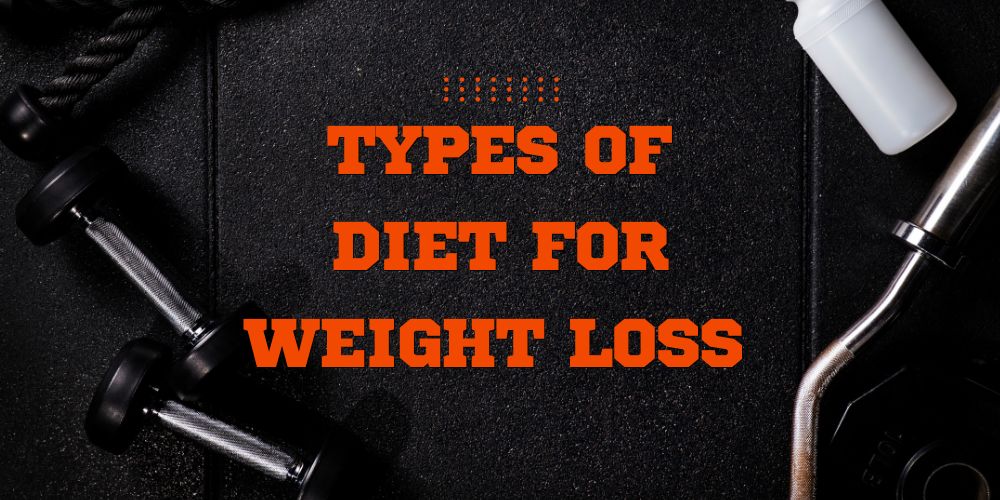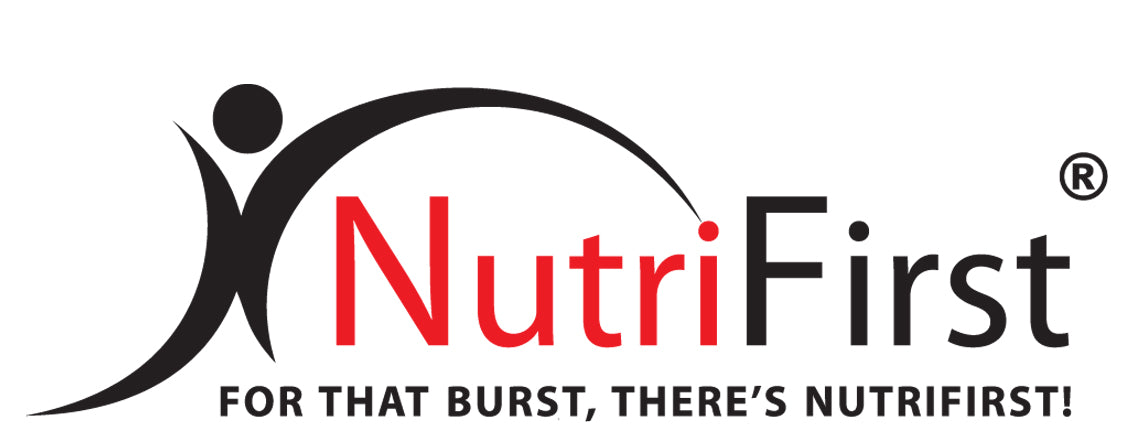
Types of diets for weight loss
Types of diets for weight loss
There are many different types of diets for weight loss, but the most popular ones include:
The low-carb diet is low in carbohydrates and high in protein and fat. It focuses on restricting carbs and replacing them with proteins and fats. This is usually the healthiest type of diet for people who want to lose weight or maintain a healthy weight because it is low in unhealthy fats and contains plenty of healthy protein and fats. The low-carbohydrate diet involves eating protein-rich foods like meat, fish, eggs, cheese, yogurt, nuts, seeds, etc. It also involves eating lots of good fats like olive oil, coconut oil, avocado oil, butter, etc. Studies have shown that people who follow the low-carb diet lose more weight than people who do not follow it. The main benefit of this diet is that it can help you lose a lot of weight in a short time. On the other hand, it is not suitable for people who have high blood sugar levels. However, if you have a history of heart disease or diabetes then you should ask your doctor before starting the low-carb diet.
Low-fat diet is also known as a low-fat diet or a low-calorie diet. It refers to the type of diet that restricts the amount of fat you consume and increases the amount of protein you eat. This type of diet can be very effective if you are trying to lose weight because it promotes fat burning by reducing the number of calories you consume. As a result, you are likely to lose weight as long as you consume fewer calories than you burn through exercise and other daily activities. This diet is also suitable for people who are following a calorie-controlled diet and who want to reduce their calorie intake in order to manage their weight. However, it is important to check with your doctor before you start on this diet so that you can get his/her approval and ensure that it is safe for you to follow. You should also find out how much fat you should be consuming per day and then adjust your food intake accordingly. This will ensure that you do not eat too little or too much fat while following the low-fat diet.
Intermittent fasting is a diet in which you cycle between periods of fasting and eating. It involves skipping a meal or two every day to reduce the number of calories you consume. Several studies have found that intermittent fasting can help promote weight loss and maintain a healthy weight. It may also help prevent weight gain and improve overall health. It has been shown to be effective in both short-term and long-term studies. However, you need to consult your doctor before following this diet to ensure that you are not at risk of any health complications. It is also important to consult your doctor before you adopt a fasted training regimen to avoid muscle loss during fasted periods. It is also important that you stick to a healthy diet during the non-fasting periods to ensure that you do not gain more weight than you lose. Overall, intermittent fasting can be a great tool to help you manage your weight and control your eating habits. Many people also find it very helpful for managing their appetite and improving their concentration and productivity. If you have a hard time controlling your cravings for food, you may want to try intermittent fasting for a few weeks to see if it helps you reduce your cravings. It can help to plan ahead for your fasted period to ensure that you maintain your diet during those times of the day.
Vegan Diet for weight loss!
The vegan diet is a form of vegetarianism in which one does not eat animal products such as meat, eggs, dairy products, and honey. The main components of a vegan diet are fruits, vegetables, legumes, grains, nuts, and seeds. Many vegans choose to eliminate all animal products from their diet in an effort to avoid harming animals and helping to protect the planet. Since animal foods provide large amounts of protein and fat, removing them from your diet may make it more challenging to meet your nutritional needs. In order to ensure that you have adequate amounts of protein and other nutrients, you may need to take a supplement on a daily basis. A vegan diet can be a healthy way to lose weight because it can help you consume fewer calories than you burn each day. It can also help you lose weight more quickly by limiting the amount of carbohydrates in your diet and making it easier to control your portion sizes. However, a vegan eating plan may not be the best choice for everyone. For example, if you have a condition that affects your ability to digest or absorb nutrients from food, it may not be appropriate for you to follow this type of diet. In addition, following a vegan diet can be difficult if you do not live in a community where there are many vegan-friendly restaurants and other sources of food. You may want to consult a registered dietitian before trying any diet to ensure that you are getting all of the vitamins and minerals that you need to stay healthy. It is also important to remember that you do not need to be vegan in order to lose weight.
